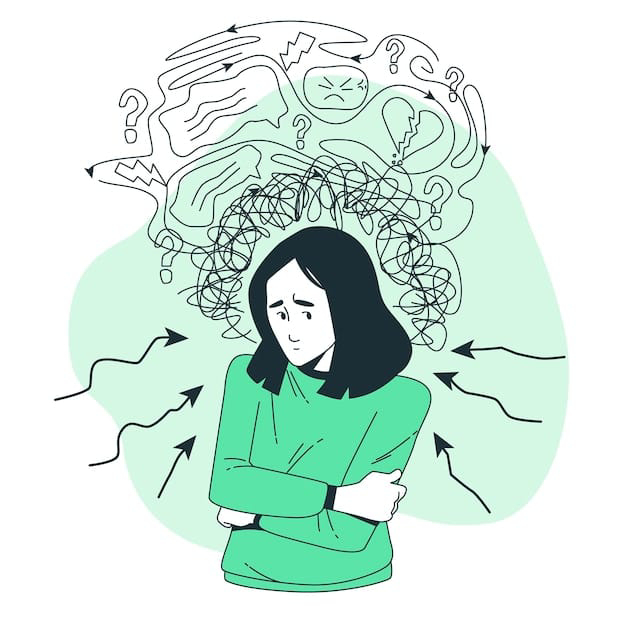Hi all, today I would like to share about the interesting topic, namely "irrational fear define", the main reason why I choose that topic because many people build irrational fear through their bad experience and they magnify their irrational fear through avoiding the location which may remind them with irrational fear, you may have a question, "where does the irrational fear come?" Irrational fear, or phobia, can arise from several factors, both psychological and biological. Here are some common causes:
1. Traumatic Experiences: Past traumatic or frightening events can trigger irrational fears. For example, a person bitten by a dog might develop a phobia of dogs.
2. Learned Behavior: Fear can be learned through negative associations. If someone associates a neutral situation or object with fear (like storms after seeing damage from a storm), they may develop an irrational fear of it.
3. Environmental Influences: The environment, including family or social context, can contribute to the development of irrational fears. Children may adopt fears from parents or others around them.
4. Genetic and Biological Factors: Some studies suggest a genetic predisposition to anxiety disorders or phobias. People with a family history of anxiety may be more prone to develop irrational fears.
5. Brain Chemistry Imbalances: Neurotransmitter imbalances, like serotonin or dopamine, can affect how the brain processes fear, potentially leading to heightened or irrational fears.
6. Psychological Development: Childhood experiences and upbringing can play a role. If children face situations where they feel unprotected or unsupported, they may develop excessive fears later on.
In most cases, irrational fears are exaggerated compared to the actual threat and can interfere with daily life, we must be careful, if we don't build new strong habit, the irrational fear will define something for us, you may ask "when the irrational fear happens?" the irrational fears will define something, a person’s perception of an object, situation, or our experience until it become severely distorted into our mindset. In this condition, irrational fears affect not only how we respond to things, but also how we perceive, we understand, or how we give meaning to the experience. Here are some of the effects:
1. Avoidance: A person may actively avoid the object or situation they fear, even if it doesn’t pose a real threat. For example, someone with an irrational fear of heights might avoid climbing tall buildings or even looking at pictures of skyscrapers.
2. Perceptual Distortion: Irrational fears can cause a person to view things in an exaggerated or distorted way. For example, someone with an insect phobia might see a small insect as a much bigger threat than it really is.
3. Self-Limitation: Irrational fears can limit a person in terms of daily activities or life decisions. They may turn down new opportunities or experiences because they are driven by their irrational fear.
4. Exaggerated Emotions: Phobias or irrational fears can cause intense emotional reactions. Even when the actual threat is small or nonexistent, the fear response can be overwhelming, such as severe anxiety, panic, or even a panic attack.
5. Identity Formation: If an irrational fear persists for a long time, a person can begin to define themselves by that fear. They may think, “I’m a person who’s afraid of flying,” or “I can’t be in crowded places,” and this can limit their view of themselves.
6. Loss of Objectivity: Irrational fears often make it difficult for a person to be objective. They may have difficulty seeing that their fear is illogical, even when presented with evidence or explanations to the contrary.
An irrational fear defines something when it takes over the way a person perceives reality and directs their behavior and decision-making, even when the fear is not based on a real threat.
